Guilty of Romance (2011) Online
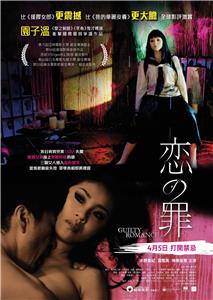
A grisly murder occurs in Maruyama-cho, Shibuya, Tokyo - a love hotel district - a woman was found dead in a derelict apartment. Kazuko (Miki Mizuno) is a police officer called to investigate on this case, she will discover the story of two women who, despite appearing respectable on the outside have all manner of darkness hidden away.
| Credited cast: | |||
| Miki Mizuno | - | Kazuko Yoshida | |
| Makoto Togashi | - | Mitsuko Ozawa | |
| Megumi Kagurazaka | - | Izumi Kikuchi | |
| Kazuya Kojima | - | Shoji | |
| Satoshi Nikaido | - | Masao Yoshida (as Satoshi Nikaidô) | |
| Ryûju Kobayashi | - | Kaoru | |
| Shingo Gotsuji | - | Kazuo Kimura | |
| Motoki Fukami | - | Maki Martini | |
| Chika Uchida | - | Eri Doi | |
| Marie Machida | - | Mari (as Marî Machida) | |
| Ryô Iwamatsu | - | Supermarket manager | |
| Hisako Ôkata | - | Shizu Ozawa | |
| Kanji Tsuda | - | Yukio Kikuchi | |
| Rest of cast listed alphabetically: | |||
| Cynthia Cheston | - | Prostitute | |
| Mae Otsuka | - | (as Mae Ohtsuka) |
The story is loosely based on the 1997 murder of Yasuko Watanabe, who was a senior economic researcher at TEPCO (Tokyo Electric Power Company), but was also a prostitute at night in the Shibuya district of Tokyo.
The poem Mitsuko quotes is "On My Way Home" by Ryuichi Tamura.



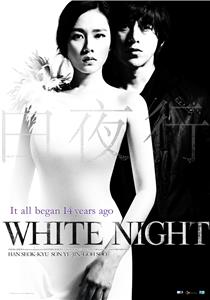

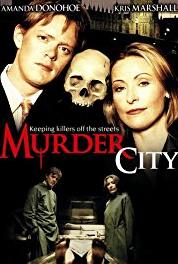

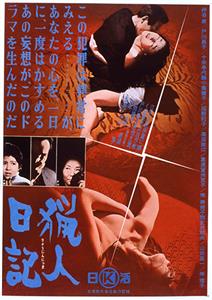
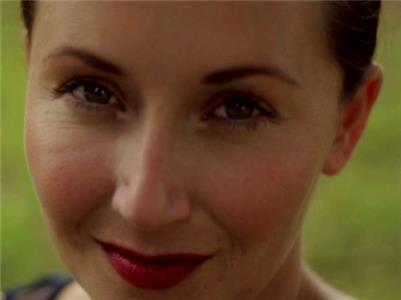
User reviews